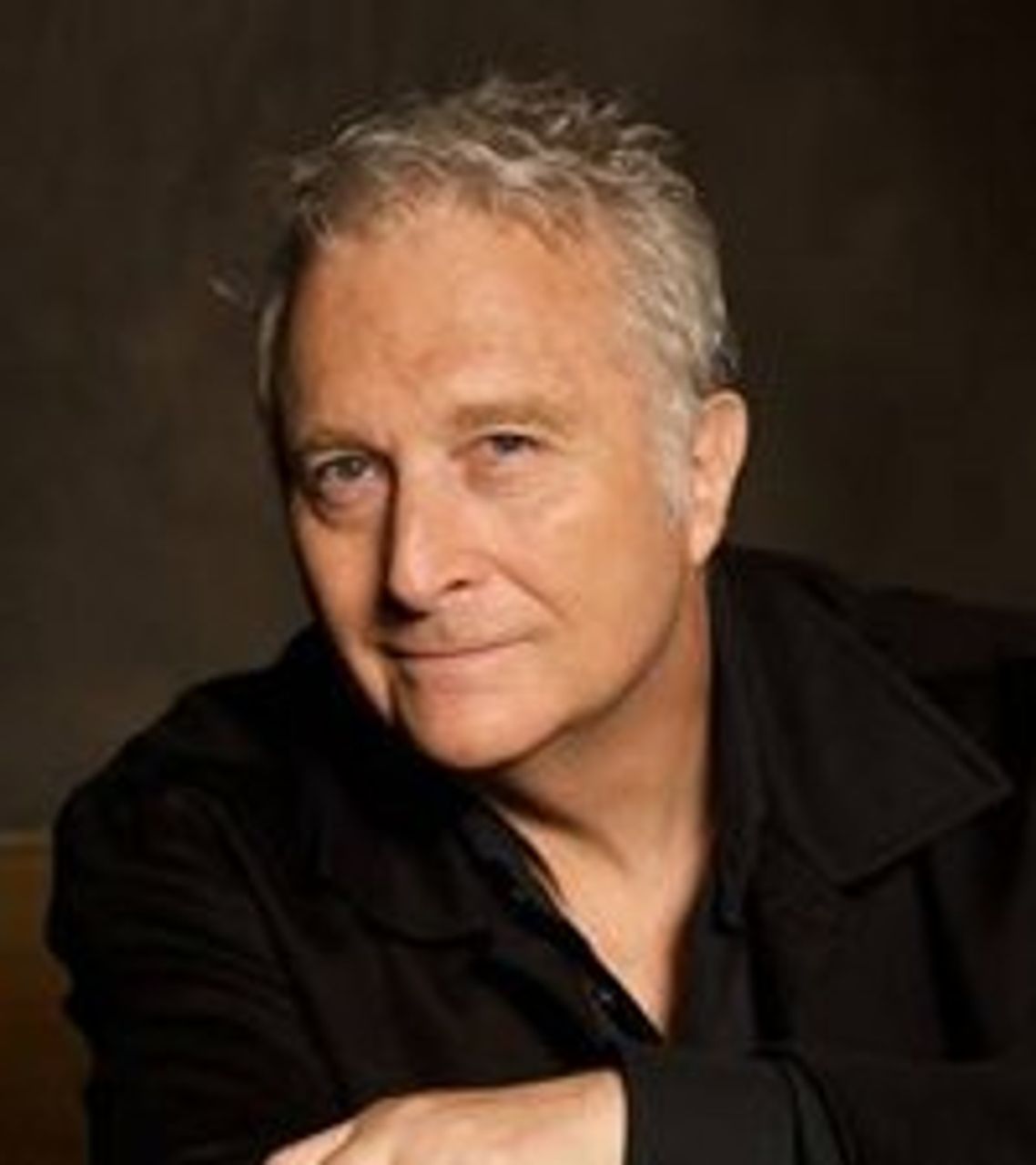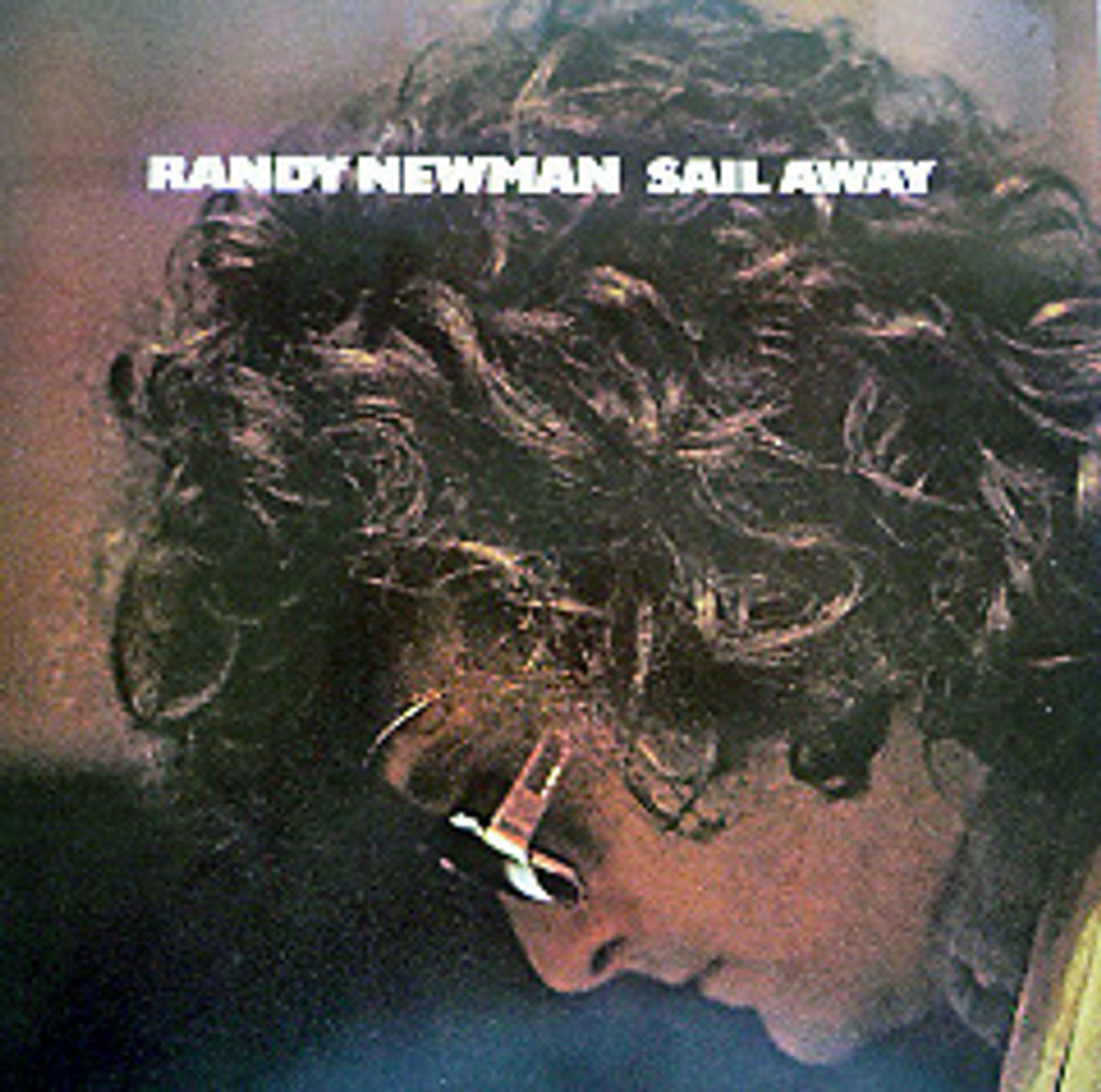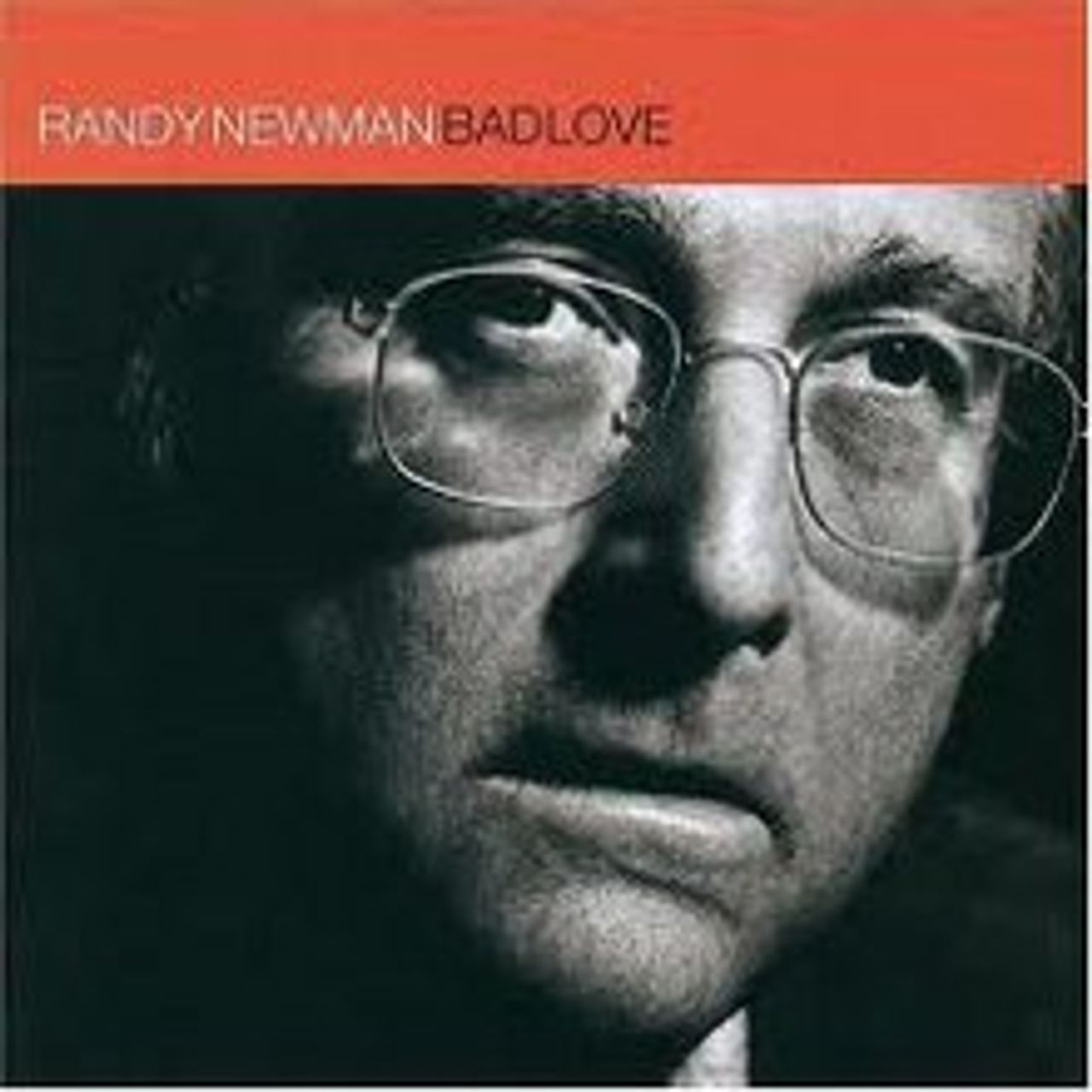Singer-songwriter, composer and orchestrator Randy Newman is an unusual figure in the fickle and unforgiving world of contemporary popular music—a place where few are able to maintain their artistic souls. Newman, who began his career in the late 1950s, still continues to write and perform his ironic vignettes, political satires and poignant love songs, after more than five decades in the industry; a remarkable feat by any measure.
 Randy Newman
Randy NewmanNewman regularly performs in North America and Europe, but his previous Australian tour took place over two decades ago. His recent two-hour concert at the Sydney Opera House with the Sydney Symphony was therefore a rare event and well worth the wait.
While the singer-songwriter has not sold millions of records—his main income is from film scores—his songs endure because they are about real people, the good and the flawed.
The Sydney concert contained a broad selection of his best known songs and also featured Newman conducting a few of his film scores. Performance highlights included “Birmingham,” “Short People,” “I Miss You,” “Marie,” “It’s Money That I Love,” “In Germany Before the War,” “Dixie Flyer,” “Sail Away,” “Real Emotional Girl,” “Political Science,” “The World Isn’t Fair” and “Louisiana 1927.”
Listening to Randy Newman is to connect with someone fluent in a wide range of popular musical forms—from Stephen Foster classics to Scott Joplin ragtime, Dixieland jazz, stride piano, cabaret, rhythm and blues, and rock and roll. Newman’s unique talent, however, is his ability to put himself in the skin of a diverse range of characters—bigots, pimps, hustlers or well-heeled philistines—as well as the aged, the unloved, the down-trodden and the poor.
It’s impossible, of course, in this review to deal with all the contradictory characters inhabiting Newman’s songs, let alone the range of themes that he touches on. Something of the musical background of this talented American songwriter and his previous recordings may be helpful, particularly for those not familiar with his work.
Newman was born in Los Angeles, 1943, and spent his childhood in New Orleans, his mother’s home town, before returning to Los Angeles, where he was literally surrounded by music. Three of his uncles (Alfred, Lionel and Emil Newman) were well-known film composers. Alfred Newman became the American film industry’s most acclaimed composer, writing over 200 scores and winning nine Academy Awards during his extraordinary career. Randy Newman often recalls being taken to his uncle’s recording sessions at an early age and the impact it had on him.
Newman’s father, a militant atheist and musician, turned doctor, wanted his son to become a film composer. But the teenage boy, who embraced the music of Ray Charles and Fats Domino, wrote his first song aged 15 and two years later dropped out of University of California Los Angeles classical piano studies to became a professional songwriter.
 Sail Away
Sail AwayNewman penned tunes for various performers, including Gene Pitney, Jerry Butler, Jackie DeShannon, The O’Jays, Irma Thomas and Peggy Lee during the 1960s and he released his first album in 1968. Over the next four years he recorded four albums, including Sail Away and Good Old Boys, about the American South, which contain some of his finest songs. He followed these with Little Criminals (1977), Born Again (1979), Trouble in Paradise (1983) and Land of Dreams (1988).
Newman’s album output dropped during the 1980s and 1990s as he concentrated his energies on writing film scores, for which he won numerous awards and two Oscars. In 1995, he released Faust, a contemporary musical adaptation of Goethe’s classic, and then Bad Love (1999) and Harps and Angels in 2008.
The last two albums include an hilariously ironic attempt to defend the Bush administration and muses on the decline of American imperialism (“A Few Words in Defense of Our Country”—The end of an Empire is messy at best/And this Empire is ending, like all the rest), some tender love songs, including one to his first wife (“I Miss You”), and a couple of trademark confessionals by some less than perfect characters. There’s a heart attack survivor who, having met his maker, takes his advice and decides to mend his ways; and in “Shame” we eavesdrop on a wealthy but embittered old man phoning his regular call girl. The narrator in “The World Isn’t Fair” is a rich “liberal” explaining how much he has in common with Karl Marx and what they’d discuss about contemporary America.
 Bad Love
Bad LoveWhatever the subject, Newman’s stripped down lyrics and meticulous arrangements are beautiful sketches of American life and possess tremendous pathos. “Louisiana,” about the floods that engulfed that state in 1927, has an anthem-like almost eternal quality, and painfully resonated in the aftermath of Hurricane Katrina in 2005.
Above all, Newman’s songs make clear that America is a complex and socially explosive place. Most of his finest work pulls you in different directions. Reassuring piano melodies and subtle orchestrations raise certain emotional expectations while the songs’ characters, particularly Newman’s “unreliable” ones, take you along other, more uncertain paths to spend a few moments with real, but flawed individuals.
Signature tunes, such as “Rednecks,” “Sail Away,” “Old Man” and “Marie” are typical. “Rednecks,” for example, is an ironic defence of segregationist and former Georgia Governor Lester Maddox by one of his Southern supporters, who declares: “He may be a fool but he’s our fool.” The narrator then celebrates his ‘redneck credentials’, while pointing to the hypocrisy of Northern liberals whose oppression of African-Americans is little different from the South’s.
In “Sail Away” a slave trader tries to persuade young Africans to “climb aboard” his boat with his tales about the ‘joys’ of living in America, a place where “You’ll just sing about Jesus and drink wine all day.” “Old Man” is a sad one-way conversation between a dying old man and his son, while “Marie” is a sparse but achingly beautiful song by a man who is only capable of revealing his real love for his partner when he’s drunk.
His most recent political satires were recorded before the election of the Obama presidency and one wonders what musical statement he’ll make about this administration.
Suffice to say, Newman’s work is animated by the fate of ordinary people and genuine anger about inequality and injustice. As he told an Australian journalist during his tour: “I’m concerned about the fact the rich are getting richer and the poor getting poorer. We’ve been complaining since the 60s about corporate America and how we’re in the hands of a plutocracy, but it’s really truer now than it ever has been.
“Banks and those people with tremendous economic weight are in control; they were able to do all this illegal kind of stuff, even for example selling stocks they knew were bad to clients. And they’re fine, better off than they were. It doesn’t seem right … I’ve written about it before, but I’m still angry.”
This is a healthy sentiment, and to Newman’s credit, but perhaps not earthshaking considering the dimensions of the social chasm. If he were to criticise Obama and the Democrats, that would be especially significant.
For those who have not seen Newman perform the author recommends the following YouTube clips, three from the early 1990s and one from 2008: “Sail Away,” “Dixie Flyer,” “Marie,” “A Few Words in Defence of Our Country.” The singer/songwriter has recently released newly-recorded piano versions of his classic tunes—The Randy Newman Songbook Vol. 1 (2003) and Vol. 2 (2011), which are also a good introduction.
